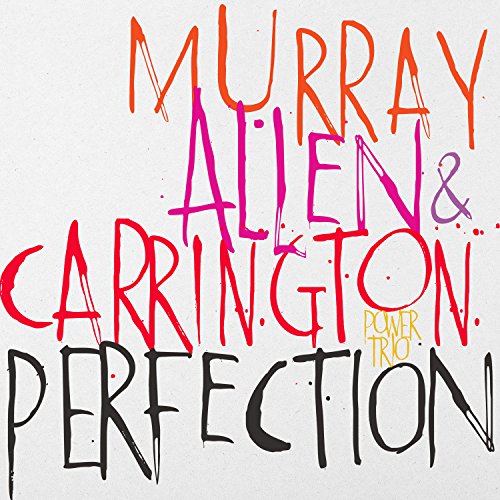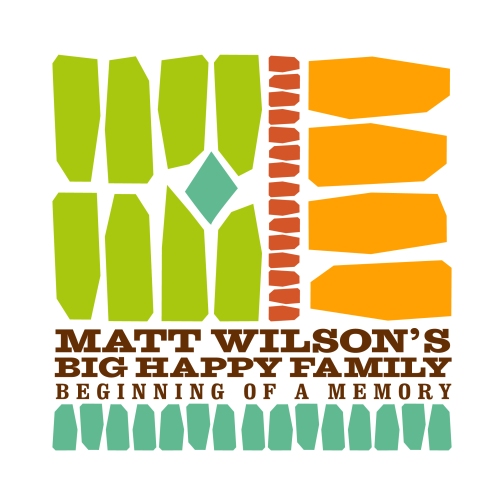 |
| Dan Tepfer |
When Andrew Rothman, the founder of the Detroit Groove Society house concert series, introduced jazz pianist Dan Tepfer before his two-hour solo show Friday evening, Rothman noted Tepfer wasn’t a household name yet, but he’s undoubtedly on course to become one. Rothman also talked some about Tepfer’s work history, specifically his collaboration with the legendary alto saxophonist Lee Konitz, and witnessing their memorable duo concert at the Detroit Jazz Festival, and a pair of inspired concerts at Kerrytown Concert House. You could gather from Rothman's intro that booking Tepfer for the DGS series was a big score.
Here's some intelligence on Tepfer: he's 34, grew up in France and started playing classical music at age six. His mom was an opera singer, and his grandfather a jazz musician. On the educational front, Tepfer has a degree in astrophysics and a master degree from the New England Conservatory. Mark Turner, Paul Motian, and Pharoah Sanders are some of the big-name bandleaders Tepfer has worked with. Currently, he has seven jazz albums on the market, “Goldberg Variations/Variations” being the most heralded.
Tepfer’s style can be described as the kind of pianist you’d likely get if Bach and Thelonious Monk adopted a son, and only exposed him to the very best jazz and classical training available.
Tepfer played two on-hour sets Friday, which came across as two completely different concerts interspersed with a master class on the nuances of jazz improvisation.
For the first set, Tepfer opened with standards “Solar” and “All The Things You Are,” and the remainder of the set his music was the focal point. The master class part of the concert happened when Tepfer talked to the audience at length about the nuances of improvisation, and then answered questions about how effortlessly he mixes jazz and classical music, and why he hums while playing.
In layman's terms, Tepfer explained his approach to improvisation. Then he turned his focus back to the piano, closing the set with “He Just Takes,” his nod to jazz icon Thelonious Monk, and a burner of sorts title “Roadrunner,” which he doubled-down on the improvisation and the swing. In Cleveland and Vancouver, Tepfer has upcoming solo concerts, and he’s set to perform music from “Goldberg Variations/Variations”.
The second set of the DGS concert, Tepfer treated the audience to a taste of what he plans for the folks in Cleveland and Vancouver. Forty-five minutes straight he played before coming up for air. The entire set every soul in the audience was spellbound. What's terrific about the DGS concerts is you can bank on having a different musical experience every time you show up.





